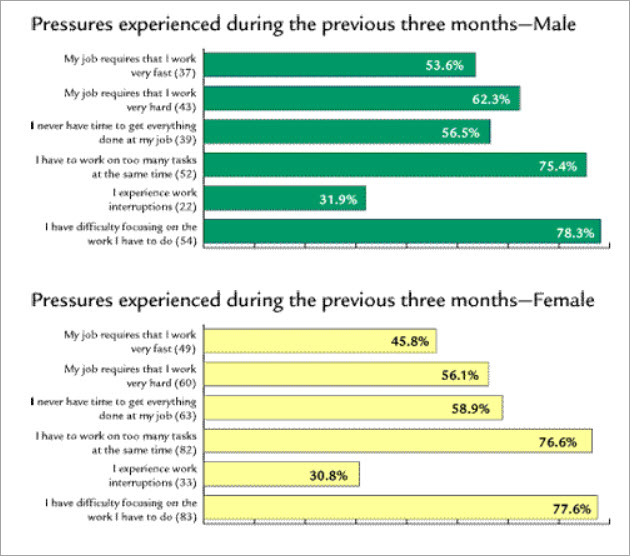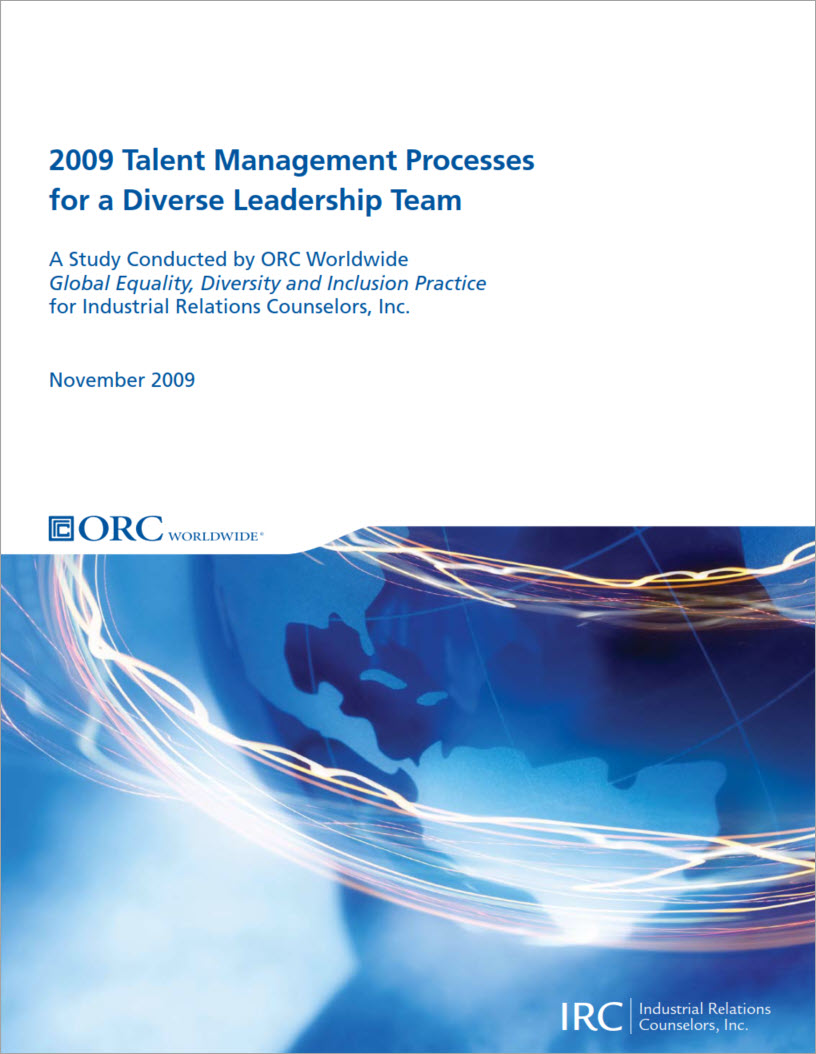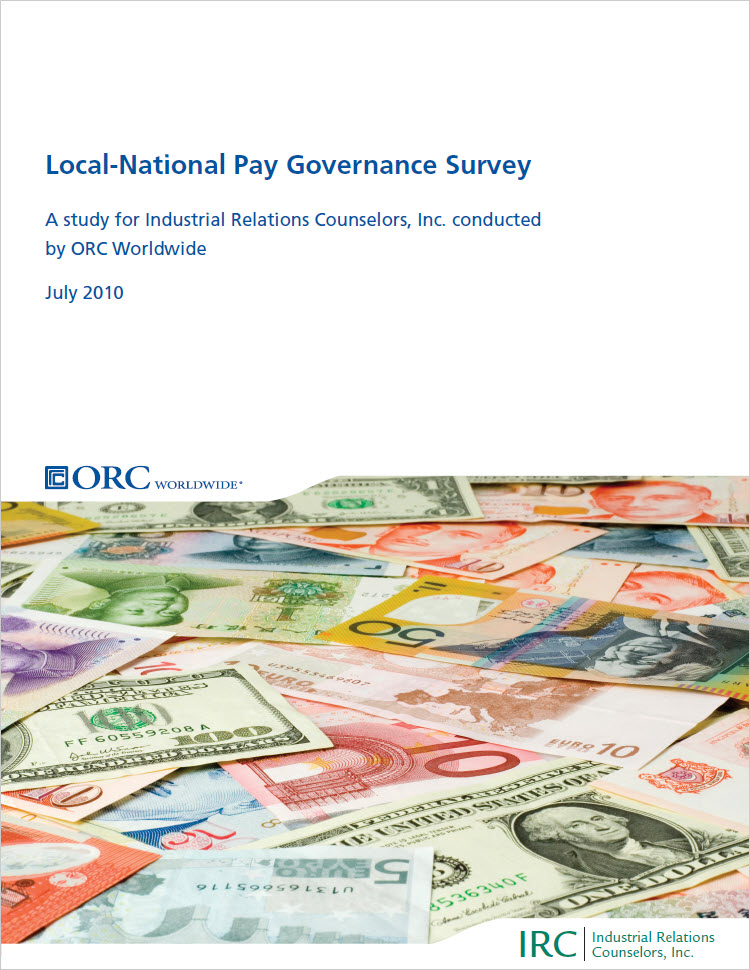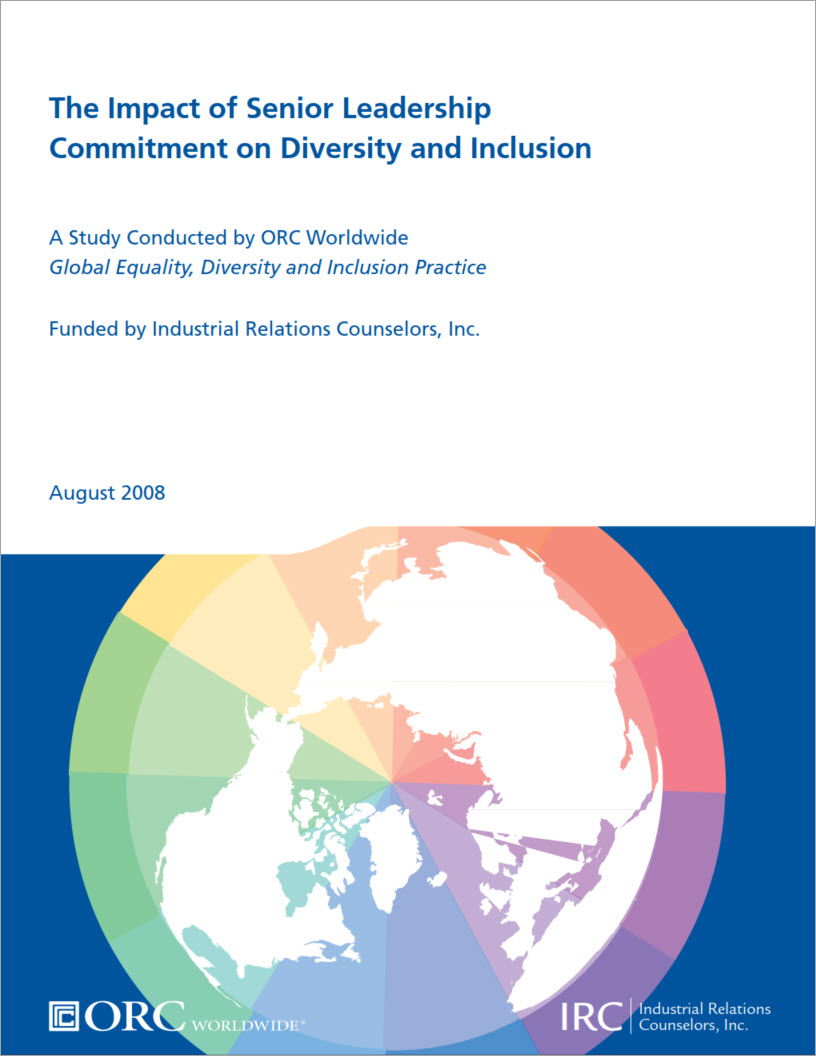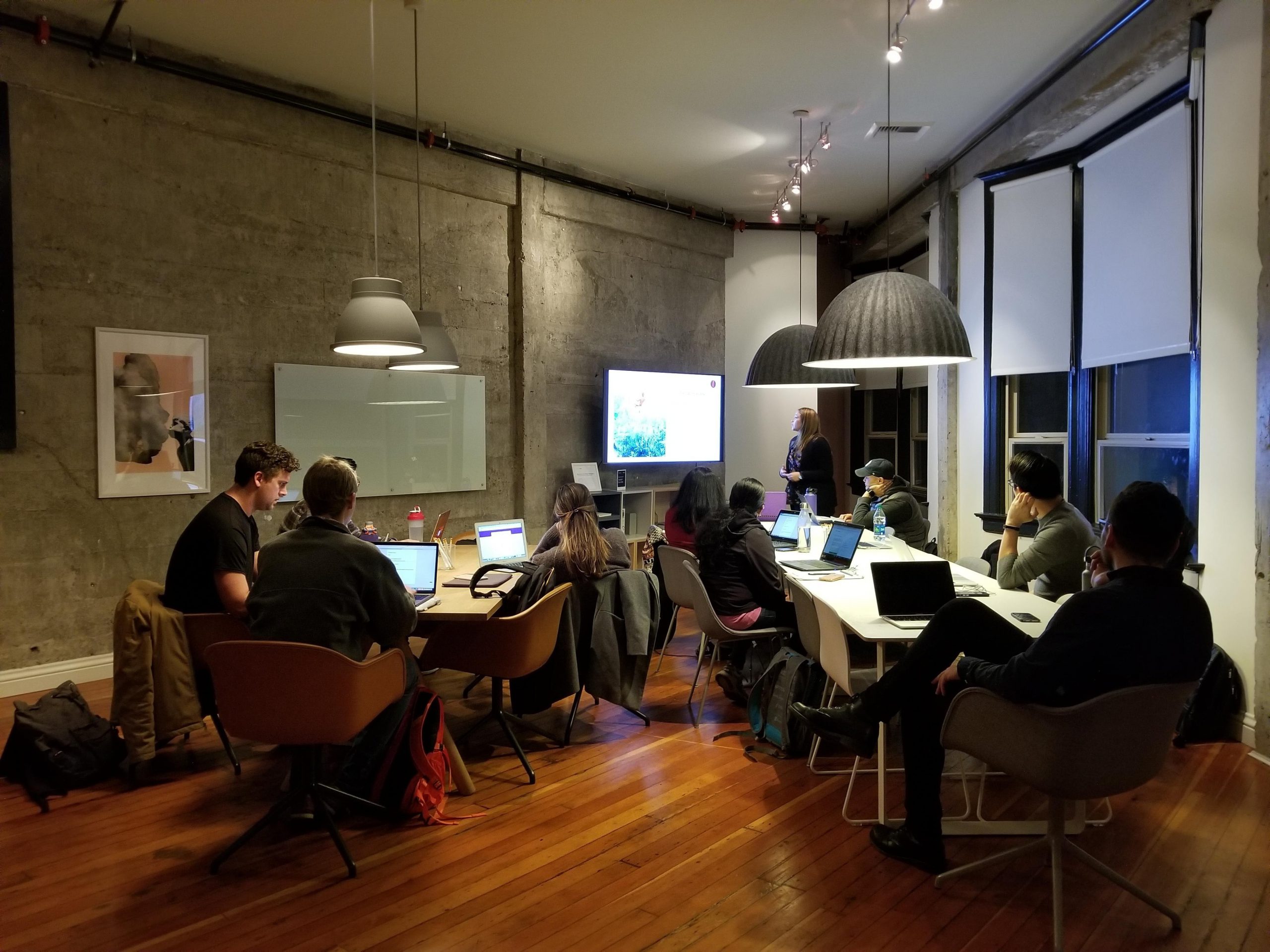John D. Rockefeller, Jr., founded Industrial Relations Counselors, Inc., or IRC, in 1926. In 2015, the organization rebranded as Innovation Resources Center for Human Resources, or IRC4HR. (Read more about our history.)
This section of our website presents a collection of IRC® white papers, research, and opinion pieces. While much of the research was conducted prior to 2010, the topics and issues have proven to be incredibly resilient and relevant to the workplace challenges that continue to confront employers, workers, and society in the current decade.
[A limited number of documents are currently featured below; check back periodically as we continue to make the IRC® archives — dating back to 1926 — available.]
-
Work-Life Balance: The Impact of Policy and Practice on the Human Resource Function
This study examined whether work-life balance initiatives provided a positive climate for flexible working that can translate into improved individual and organizational performance.
-
The Immigration Controversy
The United States is a land of immigrants. The liberal principles embodied in the Declaration of Independence and the Constitution have enabled it to make Americans out of people from widely diverse places and cultures. Yet, from the nation’s founding, immigration has been a contentious issue, particularly when the newcomers were in some way “different”…
-
Talent Management Processes for a Diverse Leadership Team
Understand which talent management practices work best for uncovering high potential talent from non-traditional populations and making sure that talent is able to penetrate the senior leadership levels in substantial numbers.
-
Local-National Pay Governance Survey
This study sought to illuminate the current practices of international organizations with respect to decisions and processes for managing pay outside of the headquarters country. It also sought greater understanding of how these practices may be changing.
-
A Study for Industrial Relations Counselors, Inc. Conducted by ORC Worldwide
There is no clear understanding of the specific local-national pay management approaches currently employed across an array of companies and industries or how they are changing. Clarity is also lacking around which approaches are more successful or if, in fact, the effectiveness of any individual approach correlates to an organization’s size or geographic scope.
-
A Study Conducted by ORC Worldwide Global Equality, Diversity and Inclusion Practice for Industrial Relations Counselors, Inc.
Which talent management practices work best for uncovering high potential talent from non-traditional populations and making sure that talent is able to penetrate the senior leadership levels in substantial numbers?
-
The Impact of Senior Leadership Commitment on Diversity and Inclusion
Ask any practitioner what is the sine qua non for successful diversity and inclusion programs— and, indeed, for almost any human resources-related intervention—and almost invariably the answer will be “commitment from top leadership”. But we don’t know which leaders’ support is most important or exactly what kinds of support are most effective.
-
Originally published in IRConcepts Newsletter in Winter 2005.
Security issues have risen to the top of every major corporation’s priority list. The magnitude and complexity of the issues, particularly for a global enterprise, can be enormously challenging.
-
Originally published in IRConcepts Newsletter in Summer 2005.
HRM professionals have responsibility for the development and implementation of strategic policy initiatives that promote business growth, while at the same time, they have the knowledge and understanding of the need to treat people as human beings rather than as human capital alone.
-
Global Talent Management
Talent management comprises the integrated processes and programs companies use to create and deploy an effective workforce. Companies have always been concerned with many of these processes, but with globalization of the modern business firm has come a greater need for some level of centralization, consistency, and integration in their application.

